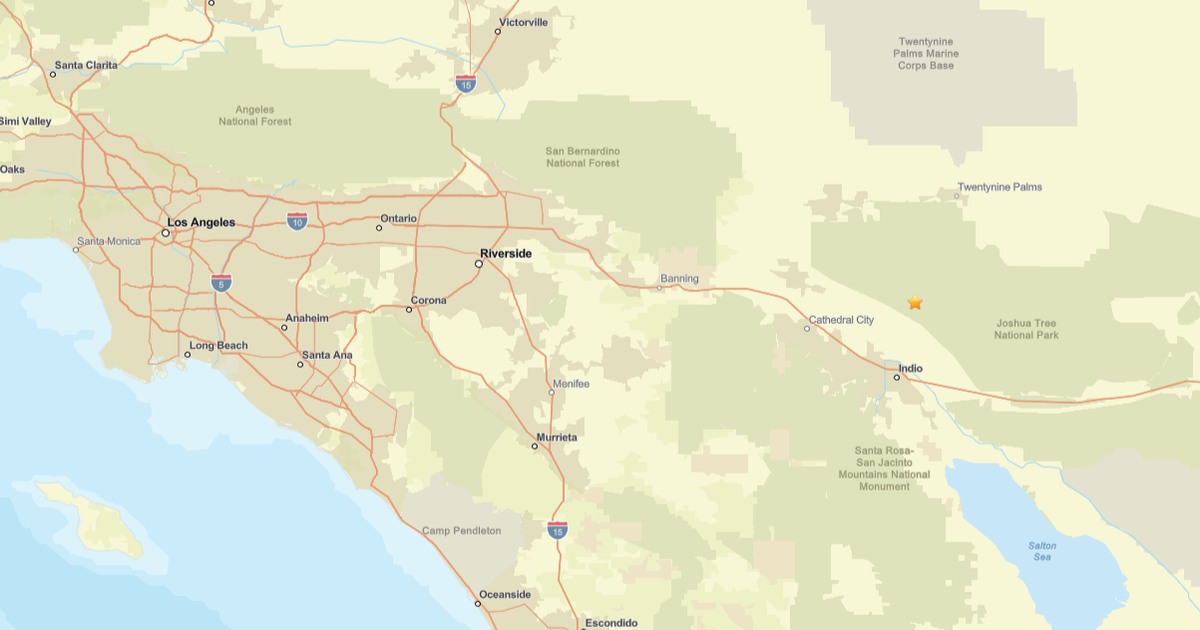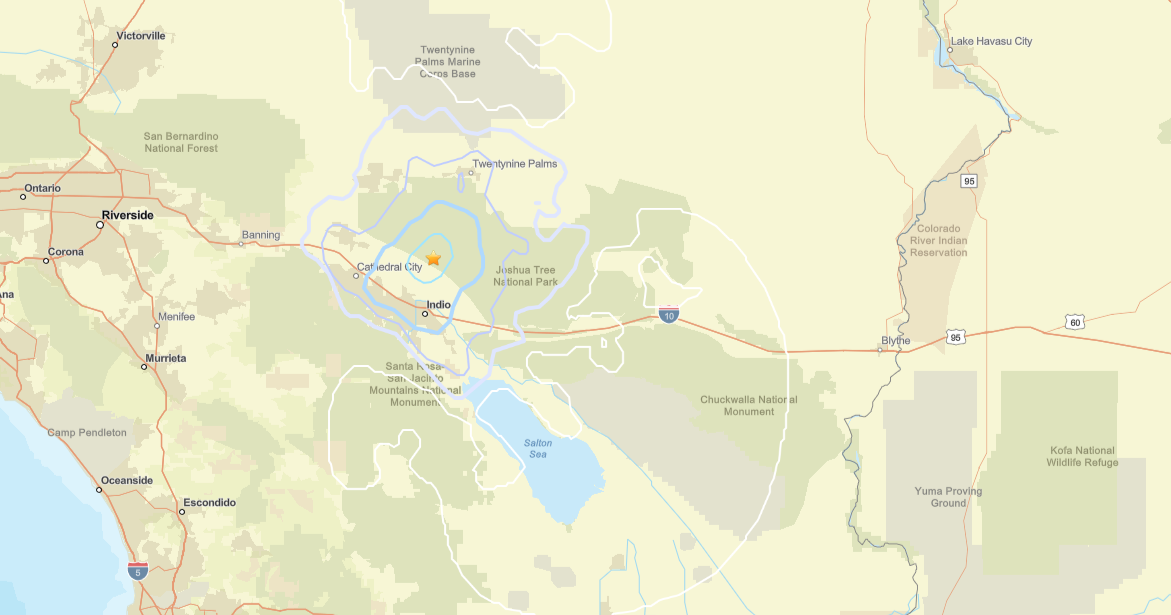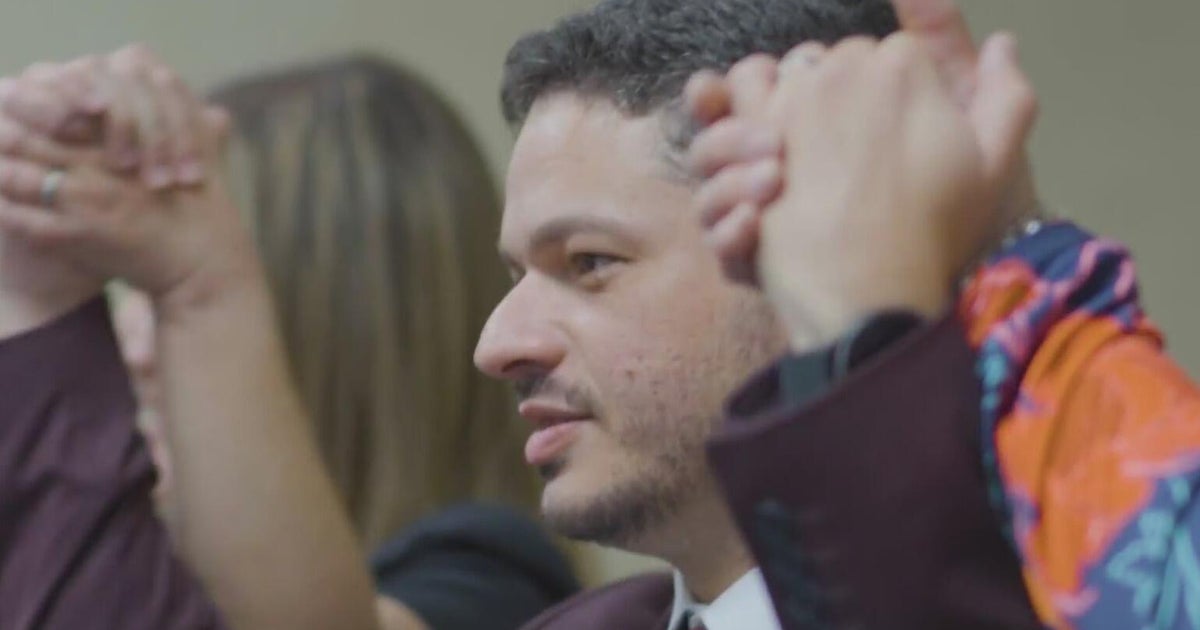Marin County Woman Returns Home From Haiti After Being Stuck
NICASIO (BCN) -- A Marin County woman made it back home last weekend after being stuck in Haiti due to recent unrest in the country from a cholera epidemic, and said Thursday she is happy to be with her family for Thanksgiving.
Myriam Kaplan-Pasternak was in Cap Haitien, a city on the northern coast of Haiti where riots broke out earlier this month in anger over the outbreak of cholera, an intestinal infection spreading through the northern part of the country.
The epidemic is just the latest problem the island nation is facing. In January, a 7.0-magnitude earthquake rocked Haiti, leaving hundreds of thousands of people dead or hurt.
Kaplan-Pasternak, her husband Mark Pasternak and their two daughters were in Haiti during the Jan. 12 quake. The Pasternaks, who own Devils Gulch Ranch in Nicasio, have traveled to Haiti regularly to volunteer since 2007.
Kaplan-Pasternak was in the country again when the riots broke out. She was there to help out in a Farmer to Farmer volunteer program that teaches Haitians how to become self-sustainable by growing livestock and crops.
She said in a phone interview Thursday that streets into and out of Cap Haitien were blocked off for several days due to the unrest, and the local airport was closed. As a result, she was pretty much stuck inside her hotel, located next to a United Nations compound in the city.
By Friday, "things in the city settled down" due to productive negotiations between the government and protesters, Kaplan-Pasternak said. The negotiations led to the repair of roads in the city and the clearing of standing water caused by recent flooding, she said.
The standing water brings "a big risk of cholera, probably the biggest risk other than the drinking water," she said.
When the roads opened up, the airport did too, and Kaplan-Pasternak was able to take a flight Saturday to Port-au-Prince, the nation's capital. From there, she flew to Miami on Sunday morning, and made it back to San Francisco International Airport by Sunday evening.
"It was really nice to get home," she said. "I got home and just passed out."
Her return was particularly timely since it came just a few days before the Thanksgiving holiday.
"It's certainly a good time to come home from any trip, and when you go through those kinds of experiences, you come home and really appreciate what you have," she said.
Despite getting caught up in the unrest in Haiti, Kaplan-Pasternak plans to return to the country sometime soon, probably early next year.
She will also be participating in a roundtable discussion in Washington, D.C., with other participants in Farmer to Farmer programs from around the world.
As for what Americans can do to help Haiti, Kaplan-Pasternak said although this is the season of giving, a lot of the items donated to the country end up doing more harm than good.
"We need to stop sending free stuff to Haiti," she said. "When we send free rice and food to distribute to Haitians, or free clothing, it undermines the economy."
She said local entrepreneurs "can't sell the stuff they make in Haiti because they have free stuff to compete with. It doesn't create a stable economy, it creates a system of dependency."
Instead, Kaplan-Pasternak encouraged people to buy products made in Haiti.
"The most important way we can help Haiti is working toward creating jobs and stimulating the economy there, and the simple way people can help is buying Haitian products," she said.
Haitian products are a good compromise for people interested in helping the country who also like to buy local products rather than those made overseas, she said.
"It's kind of a cool way of getting things on a relatively local level while also promoting the rebuilding of an economy and a country," she said.







